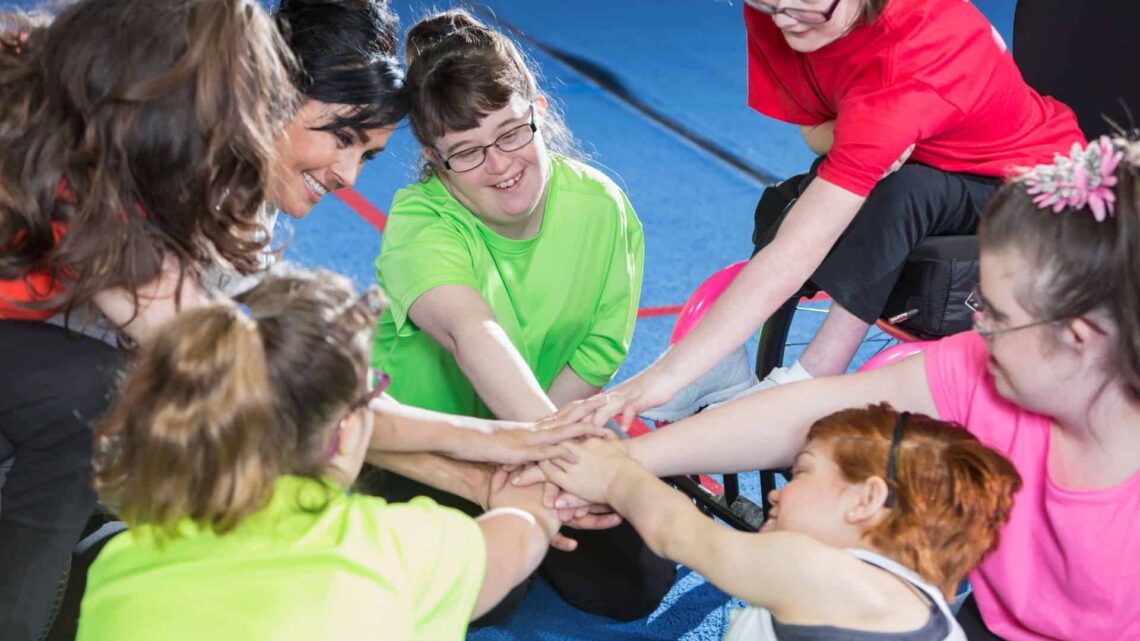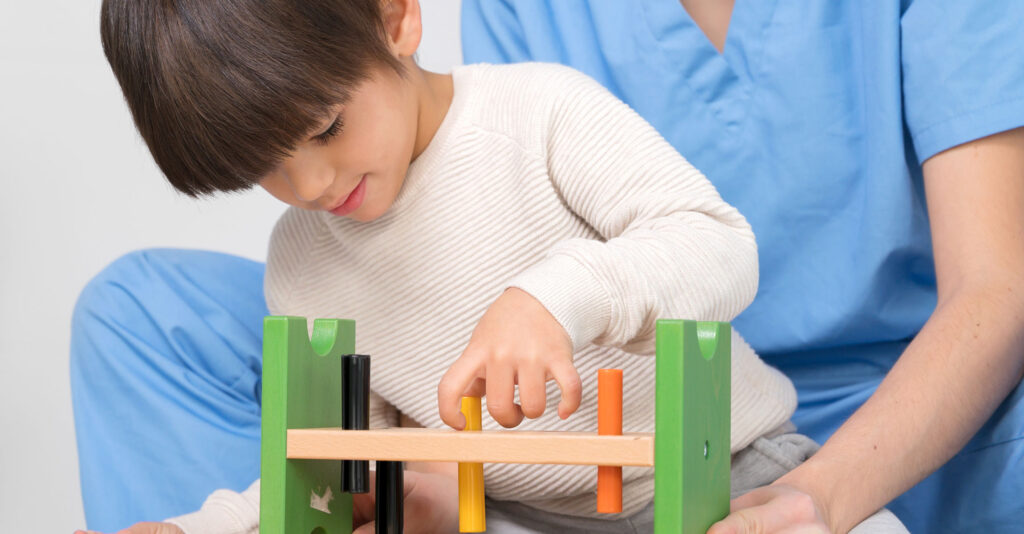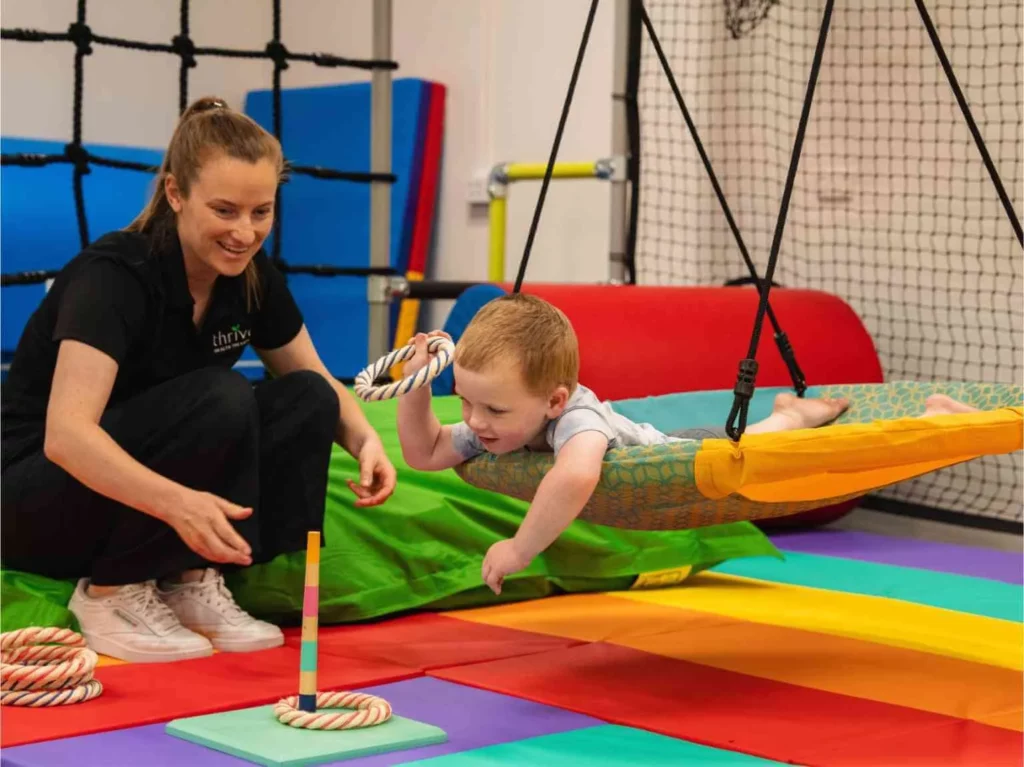
Castle Hill Hand Therapy and Occupational Therapy (OT) Services provide essential support for children with developmental needs. These services are crucial in helping children enhance their motor skills, improve their daily functioning, and achieve greater independence. This article delves into the various aspects of hand therapy and occupational therapy, highlighting their importance, methodologies, and the specific services offered at Castle Hill.
Understanding Developmental Needs in Children
Developmental needs encompass a range of challenges that children may face as they grow. These can include physical, cognitive, emotional, and social difficulties that hinder their ability to perform everyday tasks. Early intervention through Castle Hill hand therapy is vital, as it can significantly improve outcomes for children with developmental delays or disabilities.
Common developmental needs include conditions such as autism spectrum disorder, cerebral palsy, and developmental coordination disorder. Each of these conditions presents unique challenges that require tailored therapeutic approaches to support the child’s growth and development.
The Role of Occupational Therapy
Occupational therapy focuses on enabling children to participate in everyday activities, or ‘occupations’, that are meaningful to them. This can include self-care tasks, play, and school-related activities. Occupational therapists assess the child’s abilities and challenges, creating personalised intervention plans that address specific needs.
Interventions may involve skill-building activities, sensory integration techniques, and adaptive strategies to facilitate participation. The goal is to enhance the child’s functional abilities, thereby promoting independence and improving their quality of life.
Hand Therapy: A Specialised Approach
Hand therapy is a specialised branch of occupational therapy that focuses on the rehabilitation of hand and upper extremity function. For children, this can involve addressing issues such as fine motor skills, hand strength, and coordination. Hand therapists employ a variety of techniques, including exercises, splinting, and functional activities, to help children regain or improve their hand function.
In children with developmental needs, hand therapy can be particularly beneficial. It can help them develop the necessary skills for tasks such as writing, using utensils, and engaging in play, all of which are crucial for their social and academic development.
Services Offered at Castle Hill
Castle Hill provides a comprehensive range of hand therapy and occupational therapy services tailored specifically for children with developmental needs. These services are designed to be both engaging and effective, ensuring that children receive the support they need in a nurturing environment.
Individualised Assessment and Treatment Plans
At Castle Hill, each child undergoes a thorough assessment to identify their unique strengths and challenges. This assessment informs the development of an individualised treatment plan, which outlines specific goals and the strategies that will be employed to achieve them.
The treatment plans are regularly reviewed and adjusted based on the child’s progress, ensuring that the therapy remains relevant and effective. This dynamic approach allows therapists to respond to the evolving needs of the child as they develop.
Group Therapy Sessions
In addition to individual therapy, Castle Hill offers group therapy sessions. These sessions provide children with the opportunity to interact with their peers while engaging in therapeutic activities. Group therapy can be particularly beneficial for developing social skills, enhancing communication, and fostering teamwork.
Activities in group therapy may include cooperative games, arts and crafts, and sensory play, all designed to promote fine motor skills and social interaction in a fun and supportive environment.
Parent and Caregiver Involvement
Recognising the crucial role that parents and caregivers play in a child’s development, Castle Hill encourages their involvement throughout the therapy process. Parents are provided with guidance and resources to support their child’s therapy at home, reinforcing the skills learned during sessions.
Workshops and informational sessions are also offered to educate parents about developmental needs and effective strategies for supporting their children. This collaborative approach ensures that therapy extends beyond the clinic, fostering a holistic environment for the child’s growth.

Evidence-Based Practices in Therapy
Castle Hill is committed to employing evidence-based practices in all therapeutic interventions. This means that the techniques and strategies used are grounded in the latest research and best practices in the field of occupational therapy and hand therapy.
By utilising evidence-based approaches, therapists can ensure that the interventions are not only effective but also safe and appropriate for the specific needs of each child. Continuous professional development and training for therapists also contribute to maintaining high standards of care.
Measuring Outcomes and Success
To evaluate the effectiveness of therapy, Castle Hill employs various outcome measures that assess the child’s progress over time. These measures may include standardised assessments, parent feedback, and observational data collected during therapy sessions.
Regularly measuring outcomes allows therapists to identify areas of improvement and adjust treatment plans accordingly. This focus on measurable results ensures that children receive the most effective interventions tailored to their evolving needs.

Creating a Supportive Environment
The environment in which therapy takes place plays a significant role in a child’s engagement and success. Castle Hill is designed to be a welcoming and supportive space, equipped with a range of resources and tools to facilitate effective therapy.
Therapists at Castle Hill are trained to create a positive atmosphere that encourages children to explore and engage in therapeutic activities. This supportive environment helps to build trust and rapport, which are essential for effective therapy.
Community Engagement and Resources
Castle Hill actively engages with the local community to raise awareness about developmental needs and the importance of early intervention. This includes hosting events, workshops, and information sessions that provide valuable resources to families and caregivers.
By fostering community connections, Castle Hill aims to create a network of support for families navigating the challenges associated with developmental needs. This collaborative approach enhances the overall well-being of children and their families.
Conclusion
Castle Hill Hand Therapy and Occupational Therapy Services offer invaluable support for children with developmental needs. Through individualised assessments, tailored treatment plans, and a commitment to evidence-based practices, these services empower children to achieve their full potential.
By fostering a supportive environment and encouraging parental involvement, Castle Hill ensures that therapy is not just a clinical experience but a holistic journey towards improved independence and quality of life for children and their families.
For families seeking assistance, Castle Hill stands as a beacon of hope and support, dedicated to enhancing the lives of children with developmental needs through expert therapy services.
Read also a relative article